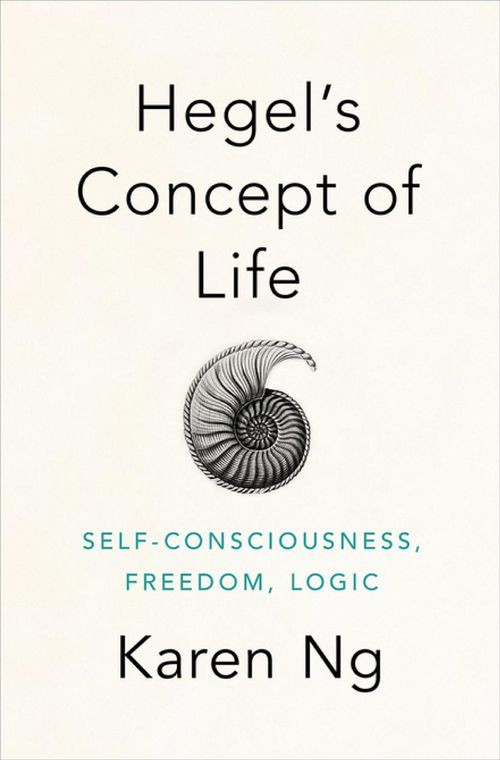

Most ebook files are in PDF format, so you can easily read them using various software such as Foxit Reader or directly on the Google Chrome browser.
Some ebook files are released by publishers in other formats such as .awz, .mobi, .epub, .fb2, etc. You may need to install specific software to read these formats on mobile/PC, such as Calibre.
Please read the tutorial at this link: https://ebookbell.com/faq
We offer FREE conversion to the popular formats you request; however, this may take some time. Therefore, right after payment, please email us, and we will try to provide the service as quickly as possible.
For some exceptional file formats or broken links (if any), please refrain from opening any disputes. Instead, email us first, and we will try to assist within a maximum of 6 hours.
EbookBell Team

5.0
90 reviewsBeginning with the influence of Kant's Critique of Judgment on Hegel, Ng argues that Hegel's key philosophical contributions concerning self-consciousness, freedom, and logic all develop around the idea of internal purposiveness, which appealed to Hegel deeply. She charts the development of the purposiveness theme in Kant's third Critique, and argues that the most important innovation from that text is the claim that the purposiveness of nature opens up and enables the operation of the power of judgment. This innovation is essential for understanding Hegel's philosophical method in the Differenzschrift (1801) and Phenomenology of Spirit (1807), where Hegel, developing lines of thought from Fichte and Schelling, argues against Kant that internal purposiveness constitutes cognition's activity, shaping its essential relation to both self and world.
From there, Ng defends a new and detailed interpretation of Hegel's Science of Logic, arguing that Hegel's Subjective Logic can be understood as Hegel's version of a critique of judgment, in which life comes to be understood as opening up the possibility of intelligibility. She makes the case that Hegel's theory of judgment is modelled on reflective and teleological judgments, in which something's species or kind provides the objective context for predication. The Subjective Logic culminates in the argument that life is a primitive or original activity of judgment, one that is the necessary presupposition for the actualization of self-conscious cognition.
Through bold and ambitious new arguments, Ng demonstrates the ongoing dialectic between life and self-conscious cognition, providing ground-breaking ways of understanding Hegel's philosophical system.